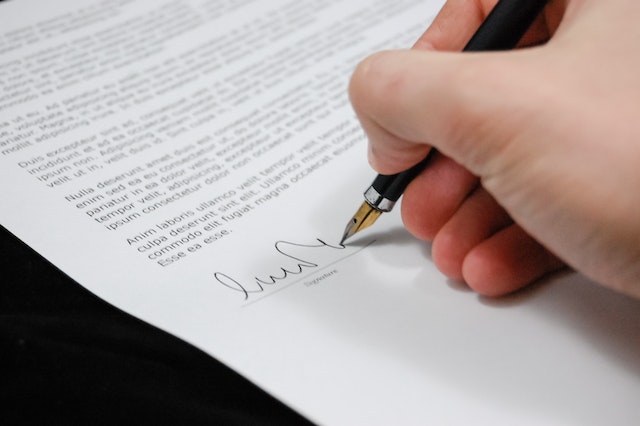How to Become a Notary Public
The Pennsylvania Notary Association offers resources for aspiring notaries, including reference materials, tutorials, and links to Pennsylvania Notary Law. In addition, the Pennsylvania Notary Association will accept your home address as your office of record. Otherwise, you may enter your physical work address in the “comment” field on your billing page.
Obtaining a Notary Commission
The requirements for obtaining a notary commission in Delaware vary. These include being at least 18 years old, not having any felony convictions, and being a resident of the state. Once you’ve fulfilled all of these requirements, you can apply for your commission. Next, you’ll need to pay a fee of around $60 and submit the required documentation. You’ll also need to provide a recent photo and thumbprints. Once you’ve completed all these steps, you can submit your application to the Department of State, where you’ll receive your commission.
Obtaining a notary commission with this notary public packages is easy and convenient. The first step is completing the application form. Once you’ve completed the form, you’ll need to mail it to the Secretary of State. The Secretary of State will approve your commission and send you a certificate. You’ll also need to register with your county, which costs approximately $20. Failure to register with the county in which you live will result in a civil penalty fee. This penalty fee is generally higher than the recording fee in your county.
Obtaining a Notary Seal
Obtaining a notary seal is beneficial. Notary seals should contain a sequential identification number alongside the notary’s signature at the bottom of the certificate. In addition, the seal’s location is essential, as the wrong location can cause the Notary Public Certificate to be rejected.
Notary seals are an essential part of the notarial act. Obtaining seals allows you to witness and validate important documents. Seal requirements vary by state, so know your state’s requirements before starting your certification process.
A notary seal is a symbol of official status in your state. It allows you to notarize documents, such as real estate transactions, and grant powers of attorney. Depending on your state, you’ll need to renew your seal every three to four years.
Obtaining a Notary Bond
Obtaining a notary bond is essential in becoming a notary. Depending on the state, surety bonds range from $500 to $10,000. This bond protects the public from fraudulent notary practices and the notary from financial loss. Again, the bond amounts vary from state to state, but you must obtain at least $2,500 to become a notary.
Obtaining a notary bond can be done through many different methods, including mail, online, or in person. Regardless of your chosen method, the application process is simple and can be completed within four to six weeks. You can even print out and sign the bond and select the color of the notary seal and stamp case.
While not all states require notaries to obtain notary bonds, most do. The most important reason to get a bond is to protect yourself and the public. You may be held liable for fraud or negligence, so it’s essential to check with the state’s laws to see if they have any provisions for this. If you get sued for a mistake, you’ll be responsible for paying back the total amount of the money paid for the surety bond. In many states, you can get an E&O insurance policy to cover your notary bond, which protects you from claims related to notarization errors.
Obtaining a Notary Identification Card
Obtaining a notary identification card is a process that can take several weeks. Depending on your state, you may have to provide certain documents and your notary identification. In most cases, you must have a photo, signature, and identifying number on the card. The most popular types of title include a Colorado driver’s license or U.S. passport
In some cases, a foreign driver’s license from another state is also acceptable. In addition, you may be eligible for free support if you’re over 60.
The Brennan Center for Justice reported that millions of Americans do not have a government-issued identification card. In these cases, notaries must use a credible witness to identify a signer who lacks acceptable identification. The Brennan Center has a free webinar that will teach you how to use a credible witness in these situations. While not all government-issued IDs are acceptable, most states have a list of acceptable identification.
An identification card is essential for a notary. Without one, you can’t perform notarizations. You’ll need a government-issued ID to notarize documents. This card should contain your photo, signature, and physical description.



